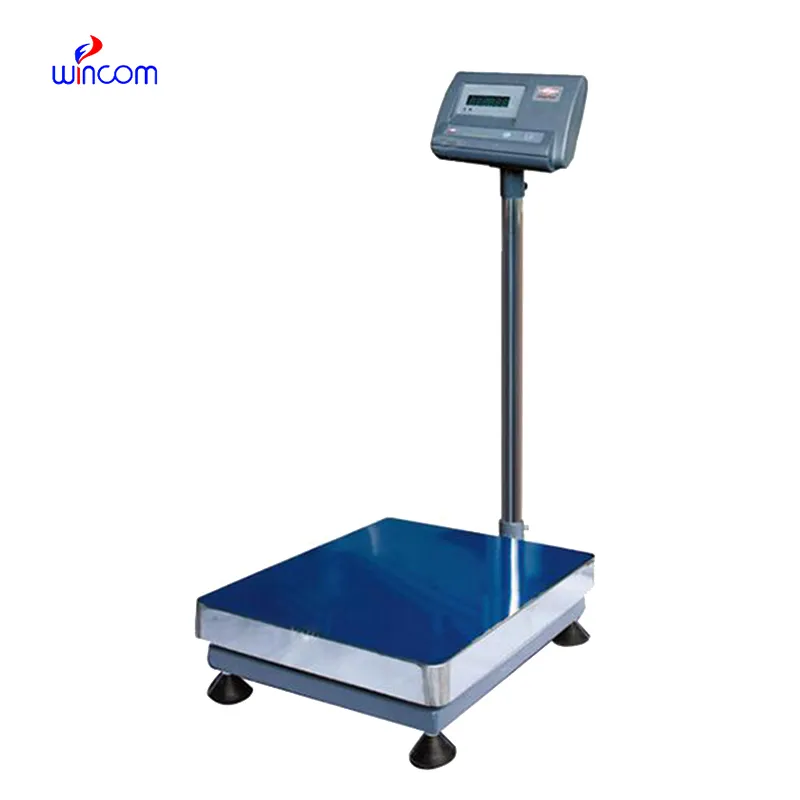
The mri machine inventor features a large cylindrical magnet where a patient table opens into its interior to offer a stable and comfortable scanning experience. Gradient coils of high technology in the mri machine inventor tilt magnetic fields to create images from different angles. Its digital control allows it to be accurate, uniform, and scan quickly for faster diagnosis.

The mri machine inventor is extensively utilized in neurological diagnostics for the diagnosis of brain tumor, stroke trauma, and multiple sclerosis. It provides accurate imaging of brain anatomy and blood perfusion patterns. The mri machine inventor also supports functional imaging, measuring neural activity, and helps in understanding cognitive and behavioral disorders.

The mri machine inventor will continue to evolve with even greater control of magnetic fields and more sophisticated imaging pulse sequences. Next-generation systems will take ultra-high-resolution images capable of imaging microscopic tissue architecture. The mri machine inventor will also provide improved patient comfort through noise cancellation and shorter scan times.

Daily radiofrequency and magnetic system calibration is required for the preservation of the mri machine inventor. Gradient performance, cooling system, and level of cryogens are to be monitored by technicians. The mri machine inventor should be cleaned frequently, and cables or connectors inspected for wear to prevent data transmission errors and downtime.
The mri machine inventor works on the basis of magnetic resonance which aligns the hydrogen atoms within the body. Signals are generated using radio waves and then converted into high-definition images. The mri machine inventor is used extensively in hospitals and research centers to scan brain activity and the function of internal organs.
Q: What happens if a patient is claustrophobic during an MRI scan? A: Patients who feel anxious or claustrophobic can request an open MRI machine or mild relaxation medication to make the experience more comfortable. Q: Can MRI detect joint and muscle injuries? A: Yes, MRI is highly effective for examining ligaments, tendons, and muscles, making it a key tool for diagnosing sports and orthopedic injuries. Q: What types of MRI scans are available? A: There are several types, including brain MRI, spinal MRI, cardiac MRI, and functional MRI, each tailored to different diagnostic purposes. Q: Are there any risks associated with MRI scans? A: MRI is generally very safe, though individuals with implanted devices, metallic fragments, or severe kidney conditions may require additional evaluation before scanning. Q: Can MRI scans monitor treatment progress? A: Yes, MRI can track changes in tumors, inflammation, or tissue healing over time, helping physicians assess treatment effectiveness.
I’ve used several microscopes before, but this one stands out for its sturdy design and smooth magnification control.
We’ve been using this mri machine for several months, and the image clarity is excellent. It’s reliable and easy for our team to operate.
To protect the privacy of our buyers, only public service email domains like Gmail, Yahoo, and MSN will be displayed. Additionally, only a limited portion of the inquiry content will be shown.
We’re looking for a reliable centrifuge for clinical testing. Can you share the technical specific...
Hello, I’m interested in your water bath for laboratory applications. Can you confirm the temperat...
E-mail: [email protected]
Tel: +86-731-84176622
+86-731-84136655
Address: Rm.1507,Xinsancheng Plaza. No.58, Renmin Road(E),Changsha,Hunan,China